Get Winter-Ready with Improved Circulation
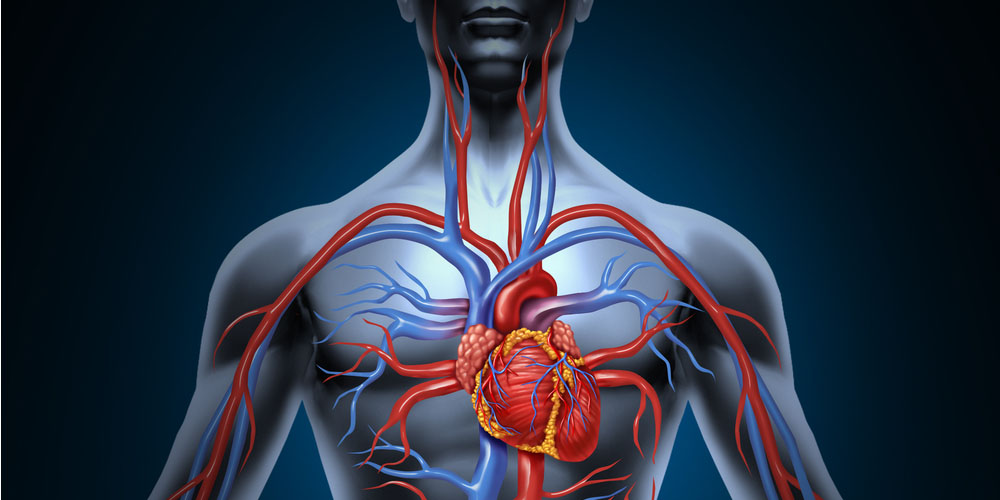
As winter approaches and the weather cools, we all have one thing on our minds: staying warm! One major benefit of learning the Gokhale Method (and good posture in general) is improved circulation. We’ve often heard from students about their warmer hands and feet, and we’ve even heard from people who have significantly reduced their heating bill now that their extremities aren’t always freezing! When you align your body well, your blood flows unimpeded throughout the body, passing nutrients to cells and maintaining homeostatic processes, like regulating temperature, glucose, and sodium levels. Imbalances in this process can lead to illness and prevent healing.
Here are three simple ways to immediately improve your circulation:
1. The shoulder roll
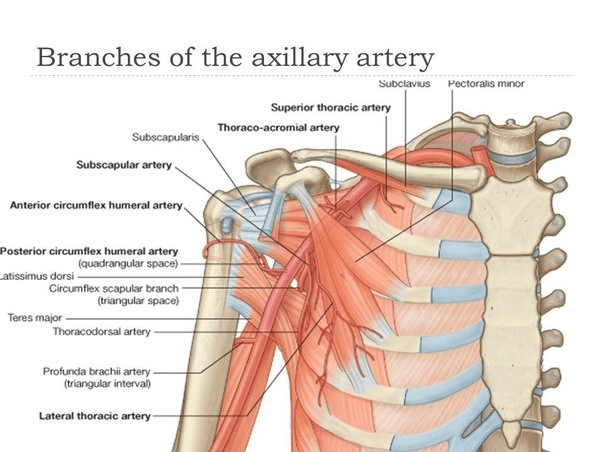
Situate your shoulders in a relaxed and open position to ensure healthy circulation to and from your arms. This will repair damaged tissues and prevent future ailments, such as carpal tunnel and repetitive stress syndrome.
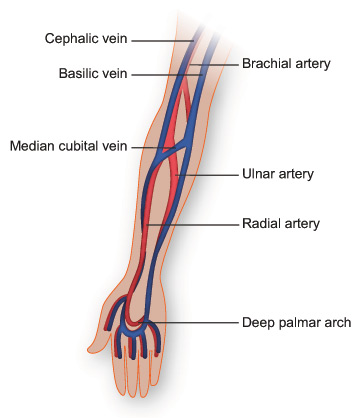
Activities like typing, writing, texting, and playing an instrument increase your hands’ demand for blood, so it is important to restore normal architecture around the axillary artery that runs under your pectoral region, the major thoroughfare for circulation to and from your arms.
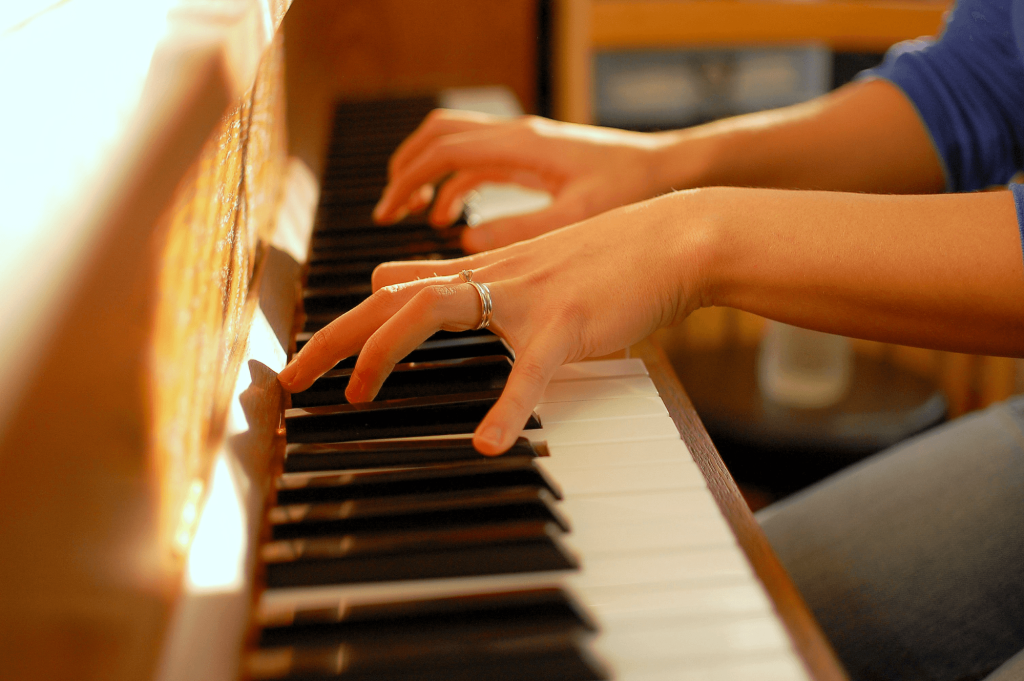
To roll your shoulders back:
Hunch one shoulder forward, causing it to round slightly.
Lift the shoulder up toward your ear.
Roll the shoulder far back, and bring the elbow behind your hips or your body’s midpoint, toward the spine, rather than letting it hang forward of the hips.
Gently slide the shoulder blade down along your spine.
Repeat with the other side.
Watch this Gokhale Moments video for a quick demonstration of the shoulder roll technique.
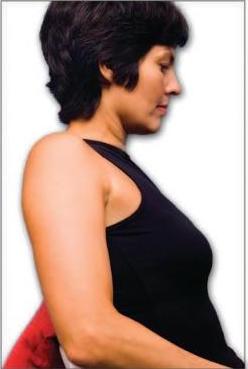
2. Stand with unlocked legs
When you stand, make sure the groin areas (the two creases at the junction of the torso with the legs) are soft and not locked. The softness there should feel similar to the crease of an unlocked elbow. This position allows ample room for the femoral artery and vein, makes standing more comfortable, and allows you to exercise longer without pain or injury. Healthy blood flow to your legs and feet heals little injuries fast and can prevent cold feet, varicose veins, blood clots, and Raynaud’s syndrome.
To soften the groin area:
While standing, sink your body downward, bending equally at the knees and hip joints, but keeping your back straight (think of preparing to receive a serve in tennis, or of bending to sit on the toilet). Your pelvis should “nest” between your legs.
Leaving your weight primarily on your heels, slowly straighten just short of locking the groin (and the knees).
Check the groin crease for softness by placing your fingers where the top of the legs hinge at the hip. You should feel some “give” in the soft tissue before feeling bone.
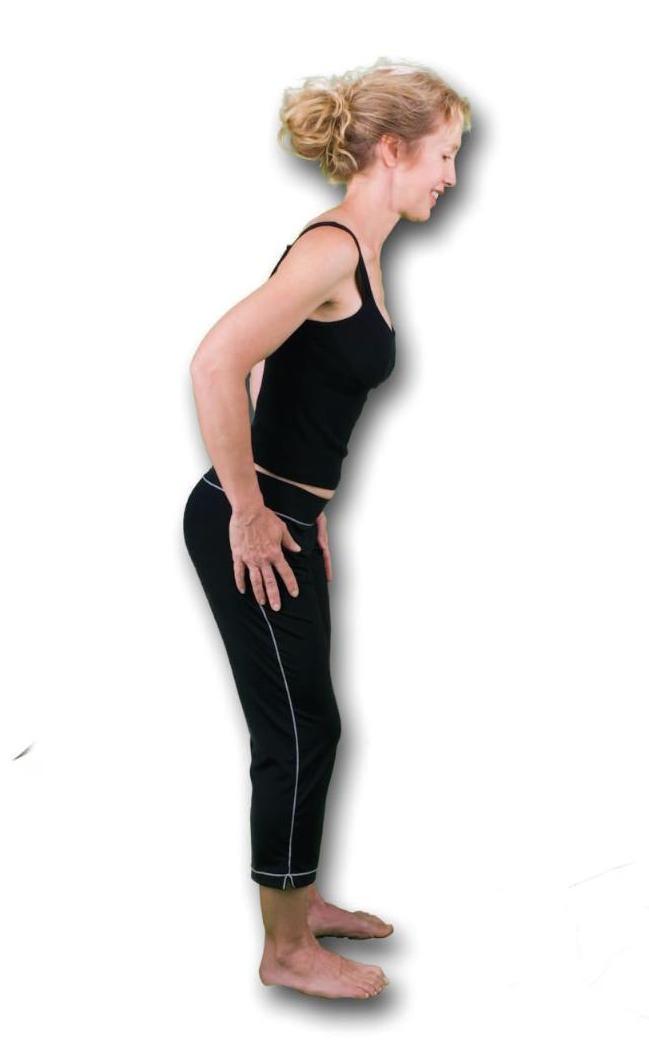
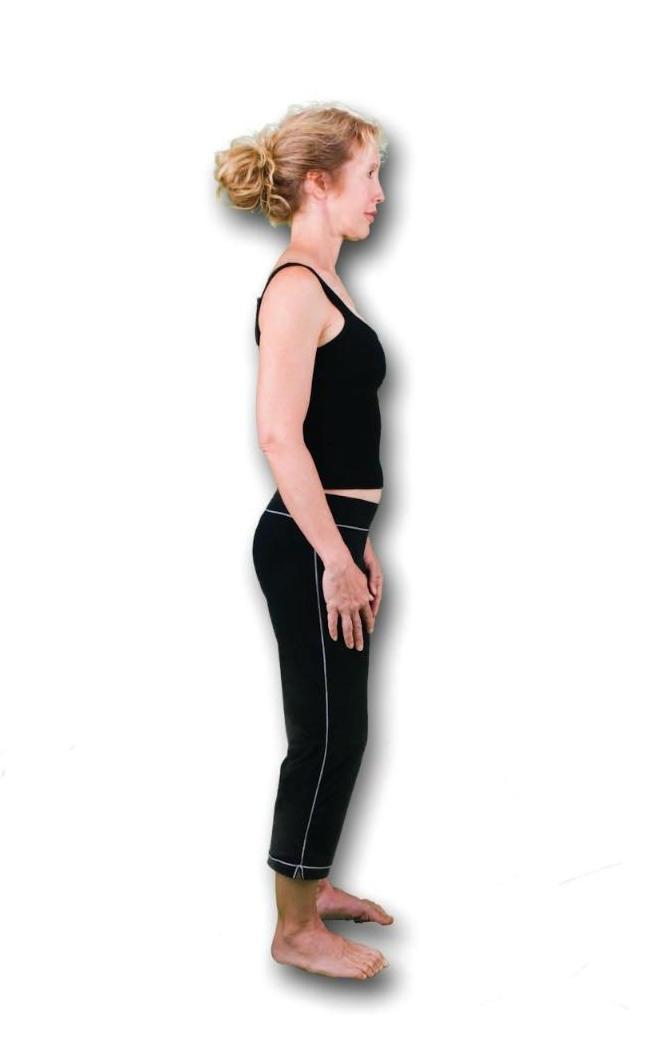
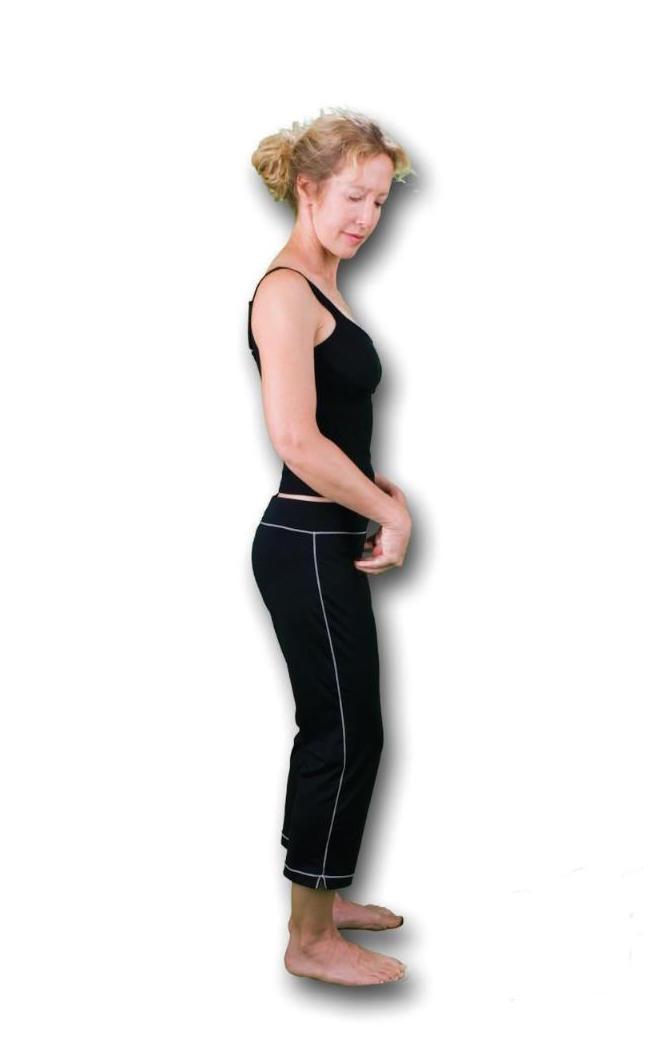
3. Stacksit
Stacking your spine on an anteverted pelvis while sitting provides you with a healthy way to relax at your desk, on public transit, or at the dining table. Your spine stacks naturally because of the architecture of the bones, but even a small hunch or pelvic tuck can unbalance a stacked spine.
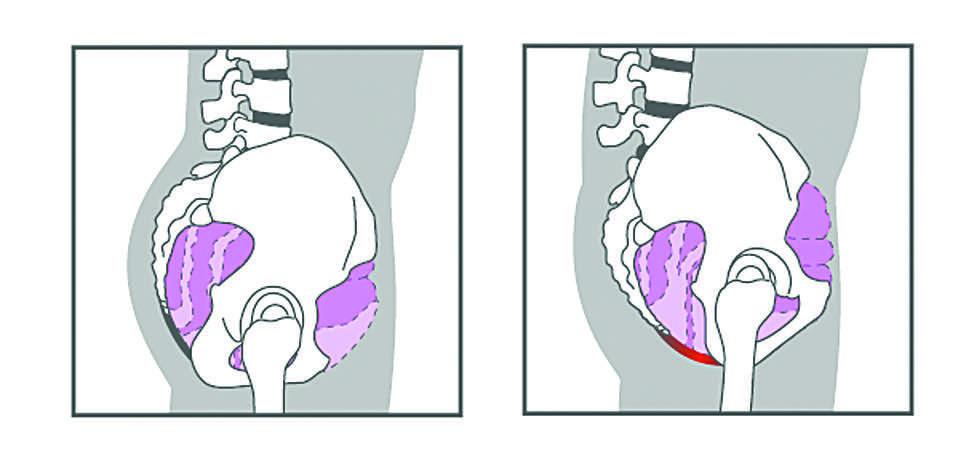
Anterverted pelvis versus tucked pelvis
Because of this, many of us sit with tensed muscles, expending a lot more energy to sit less comfortably. When you stacksit, your back muscles relax, facilitating a healthy breathing pattern that moves the back with every breath. This movement provides a constant massage around your spine, optimizing circulation around the spine and keeping your tissues healthy.
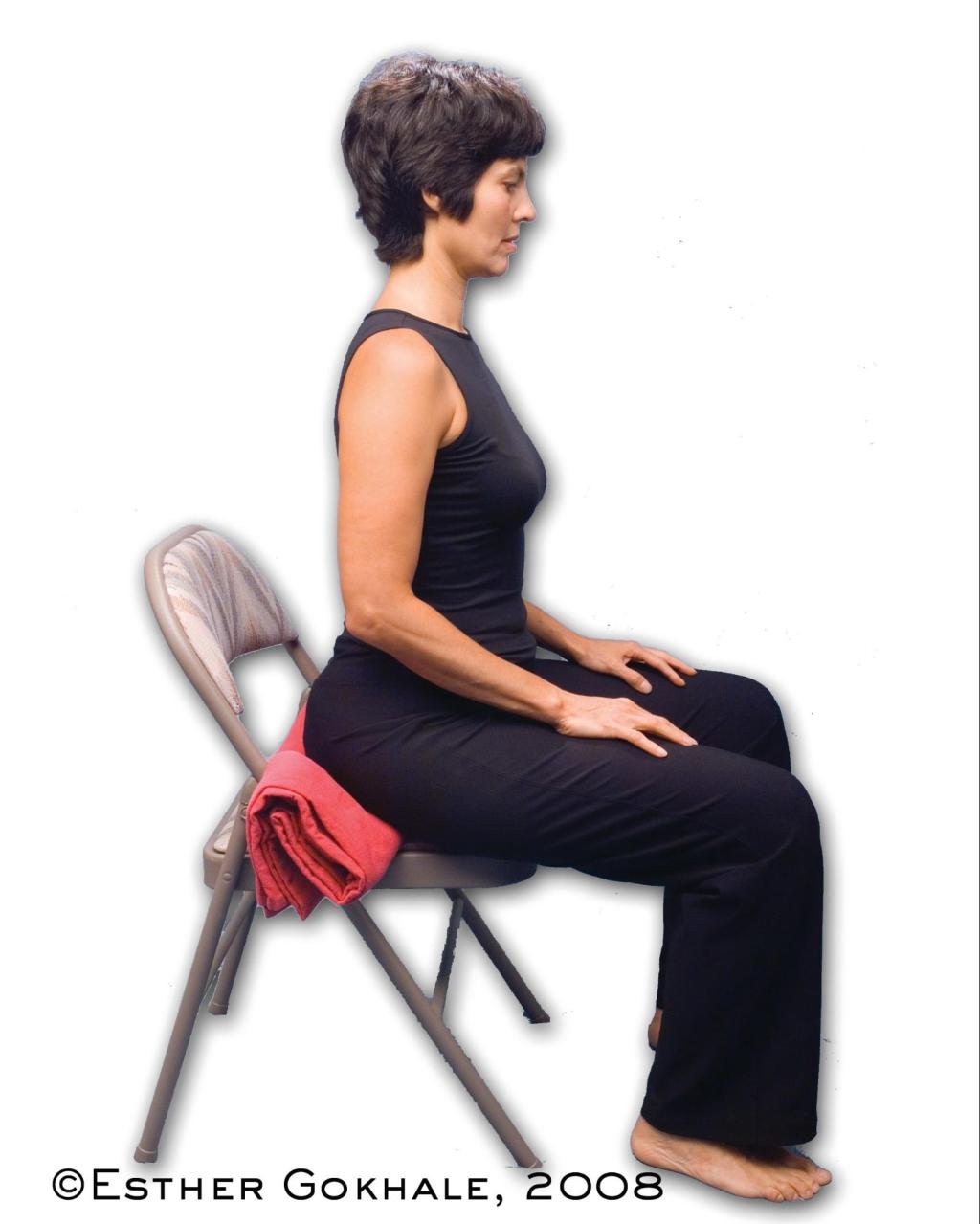
To stacksit:
Form a wedge by folding a blanket or towel, or even a sweatshirt, so that one end of the folded material is thicker than the other end.
Place the wedge on a chair, with the higher side to the back of the chair. Alternatively, you can sit on the edge of the chair.
Sit on the wedge or edge of the chair. Your pelvis should tip forward—you may need to extend your legs farther outward or tuck your feet under the chair to allow your thighs to angle toward the ground as well.
Feel the way your spine stacks naturally and notice the easy expansion of your lungs with each breath. (If your pelvis still wants to roll into a tucked position when you try to relax, increase the anteverted tilt of your pelvis by making the wedge beneath you steeper.)
Once you are stacked, check that you do not have a sway (or arch) in your lower back. You can check this by feeling your spinal groove with your fingertips. A shallow groove that remains even all the way up your back is good; a deep groove in your lower back means you are swaying. To fix, place your fingers gently on the bottom edges of your rib cage, several inches above your belly button. If you can feel the edge of your rib cage through the flesh of your torso, use your hands to tuck your rib cage down and in, which will straighten out the spine. You can also remove a curve from your back by lengthening the torso as if you want to touch the crown of your head to the ceiling (a weight on the head is an excellent way to practice this).
Now feel your spine again to check that you have a shallow, even groove; above your sacrum, it should feel straight, rather than gently curving. You can practice this position with the aid of a mirror, or a partner who can give you feedback on your position, until you have a good sense for what a straight spine and a swayed spine feel like.
Check out this video on stacksitting to see the technique in action.
If you have a story about improving your circulation or temperature after correcting your posture, please share in the comments below!

Comments
I appreciate the reminders
I appreciate the reminders and especially the information about the circulation. Just more fuel for ongoing discussions with family and friends! BTW, I now have mirrors all over the house...lol...it helps though.
Thanks Esther.
Tara
So happy to hear!
So happy to hear!
I appreciate the
I appreciate the instructional videos on various topics related to postural improvement. I find them very helpful. That is so right, come to a class and you are able to make some changes. I have been able to do that. And over time, another. I appreciate your work very much.
One of the things I have enjoyed most is using the stretchsit cushion in my car. On errands it is good. On a long trip, it is even better. I love the stretch in my back and I do not get so tired.
My cushion is wearing out and I am ordering a new one.
The latest iteration of the
The latest iteration of the Stretchsit cushion is pretty sturdy and should last you well. In any case, I figure it's better that the cushion wears out than your discs!!
This set of specific
This set of specific instructions for shoulder roll and stack sit and standing is excellent. I especially benefited from the diagram of the pevis in anteversion and the bloood vessels coming through the shoulder and down into the arm.
This was a very generous and helpful teaching. The refreshment of the instructions along with the photos in this teaching is timely for me and quite helpful.
Thank you, Esther.
Add New Comment
Login to add commment
Login